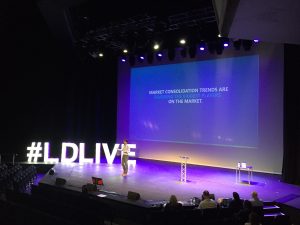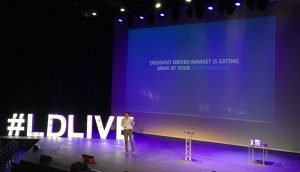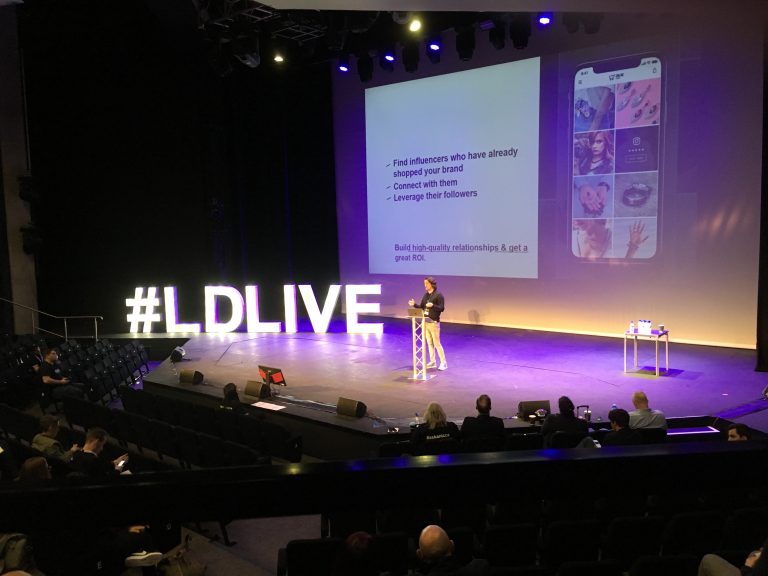5 Assumptions About your Online Traffic
Andraz Stalec, of Red Orbit, reminds us that, “Increasing amounts of users are staying on Google.”
Assumption 1: Most loyal users come from direct traffic.
We’ve long thought this was the case, but it’s more common today seeing channels like paid search, organic search and email marketing are outperforming direct traffic.

What can we do to maximise the traffic coming to our sites?
Assumption 2: You should focus on converters.
Ignore converters: focus on the ones that don’t make a purchase. That’s, on average, 98.70% of your users!
Focus on the quality of the sessions, or improve the quality of sessions, and target those users.
Assumption 3: Returning users are your best customers.
The majority of direct traffic users are a source of the lowest quality sessions.
We’re creatures of habit, and habits are connected to our behaviour – what parts of our online behaviour are purely habitual?
You might have created a habit with your returning users. For example, they regularly check back to your site for updates, but don’t make a purchase and aren’t interested in one particular product. It is possible to solve this:
Create a multi-channel campaign
We all know that users will be switching around different channels.
What was surprising, shown in cross-channel journey reports, was how users dip into other channels throughout the buyer journey, meaning one user utilises multiple channels before they are ready to commit to buying your product or using your service.
Here’s how to set up a cross-channel report for e-commerce sites.

Know your search users and ensure you’re with them for every step of their journey
Assumption 4: Different channels target different users.
Actually, 60% of users will switch to other channels when researching a product or service, meaning one user will interact with multiple channels.
Users might interact with your site via Google, Facebook, LinkedIn, your newsletter, and only then, after this journey, will they complete a transaction on your website.
57% of a site’s revenue, on average, comes from organic search terms.
We need to be more proactive with our advertising and move with the future – advertising platforms, including Facebook and Google, are trying to steal traffic from your website – and charge you for it. Price comparison sites are doing the same.
Knowing and segmenting your users is key. Here’s how to target and segment your traffic into 12 types of Google search users.
Assumption 5: If you make the content, customers will find it.
Remember: market consolidation trends are favouring the biggest players on the market.
As such, it’s a bad time to be a mediocre e-commerce business. Here’s how to improve:
- Lock in your business. Work on customer retention.
- Find your USP. Being online or well-priced is not a USP. Create a great service around the product and the best overall buying experience.
- Remove friction. This could be simplifying your online forms, creating breadcrumb trails, improving your site speed.
- Invest in new channels. Paid search and SEO are performing well, but everybody is using it.
- Create and measure the omnichannel experience. Consumer journeys are complex and offline marketing is important, too.
- Invest in your data. Understand different channels and how they work together.
Data and prescriptive analytics is important
The end of the cookie era is coming. It’s going to be harder and harder to measure cross-device performance.
Using an AI approach to analysing big chunks of data, such as ad clicks, Facebook link clicks, influencer videos and engagements will be key to avoiding large gaps in your data through lack of cookie information.
The future is in data and prescriptive analytics.
Read more about our Leicester Digital Live speakers and their insightful talks, such as Maddy Potts’ explanation of the Only Source you Really Need for Content Inspiration.



